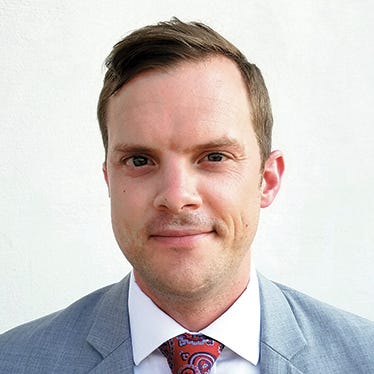Morningstar: Why 61 Is the Retirement Number to RememberMorningstar: Why 61 Is the Retirement Number to Remember
“Choosing when to retire is one of the single most important financial decisions we make in our lives,” noted Morningstar researcher David Blanchett.

Expected and actual retirement ages tend to line up at aged 61, according to an analysis by Morningstar of data provided the University of Michigan’s Health and Retirement Study. That’s important information for advisors to consider when gauging how comfortable, or feasible, retirement may be for a client.
“Choosing when to retire is one of the single most important financial decisions we make in our lives,” noted Morningstar researcher David Blanchett. “Despite our intentions, many Americans retire earlier than planned.”
Tools designed for retirement planning dutifully incorporate and model client data on income, savings and the like, projecting the feasibility of retirement at a future date, but they are blind when it comes to projecting at what age an individual may actually need to retire. In fact, Morningstar concluded that it’s nearly impossible to predict who may need to retire early and who can retire at the age that they planned to retire, based on characteristics like gender, job stress or how physical a job is, information provided in the University of Michigan dataset.
While retirement-planning tools help encourage Americans to save, many Americans are actually underestimating when they will need to retire, which can return upsetting results. When Morningstar tested a financial advice plan that assumed retirement age was certain against a dataset incorporating the probability of retiring earlier than expected, they found that “the uncertainty around retiring earlier than expected results in much lower probabilities of success for people planning to retire after age 61, dragging down the probability by about 40 percentage points for some ages.” Incorporating that uncertainty means that savers who think they have a 90 percent or better chance of hitting their retirement goals might be looking at a 65 percent probability of success, the report noted.
Advisors should be incorporating these uncertainties into their planning, Morningstar recommended, encouraging clients to increase their savings while they are still generating income.







